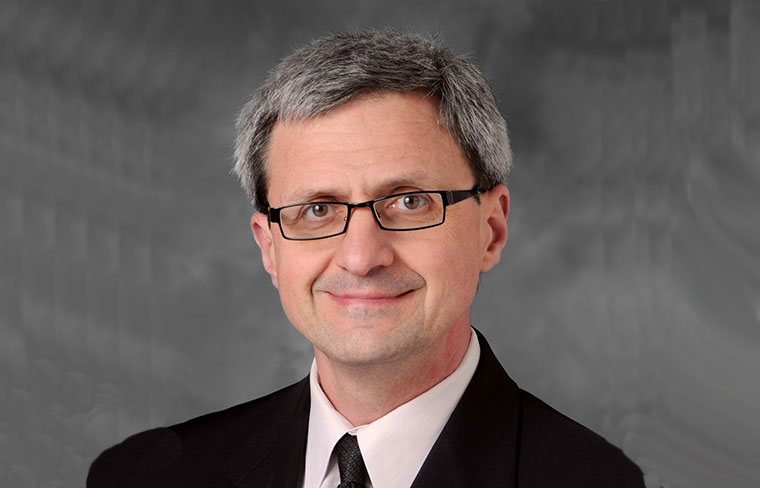
SSAT’s educational programming continues Monday with more than two dozen sessions, including a Clinical Ward Rounds session and two GI Surgery Debates. Clinical Ward Rounds sessions feature patient management strategies that are ready to be incorporated into GI surgery practices. GI Surgery Debates highlight the cutting-edge of patient management with evolving approaches that are less likely to be ready for widespread adoption.
“We exist to service the GI surgeon,” said SSAT Program Committee Chair Vic Velanovich, MD, director of the division of general surgery, professor of surgery and the Reeves/Culverhouse endowed chair, surgery, at the University of South Florida Morsani College of Medicine, Tampa. “We have a high-quality academic program, but we are just as intent on ensuring that the practicing GI surgeon in the community goes home from DDW® with something to take back to their practice.”
That’s where Clinical Ward Rounds sessions fit into the program. Monday’s Esophagus and Gastric: Reflux Barret’s Hiatal Hernia after Bariatric Surgery will showcase the latest developments in bariatric surgery for Barrett’s and gastroesophageal reflux disease (GERD), and paraesophageal hernia/GERD.
“This is the most recent clinical information and how you can incorporate these advances into your clinical practice,” Dr. Velanovich said. “Our speakers are not all surgeons. We bring in gastroenterologists as well as surgeons because we want to provide the broad options for management, not just the surgical options.”
The GI Surgery Debates focus on two controversies that will help shape the future of patient care in GI surgery.
During the debate HPB: Big Data vs. Clinical Trials in HPG Surgery, Jennifer F. Tseng, MD, MPH, the James Utley professor and chair of surgery at Boston University School of Medicine and surgeon-in-chief at Boston Medical Center, MA, will make the case for big data. Jason B. Fleming, MD, FACS, chair of gastrointestinal oncology at Moffitt Cancer Center, Tampa, FL, will argue that patients and physicians are better served by randomized clinical trials.
“These are both highly skilled and widely recognized pancreatic surgeons,” Dr. Velanovich said. “It’s clear that big databases with hundreds of thousands of patients, sometimes more than a million, can generate a tremendous amount of information. However, clinical trials have been, and are still considered by many the gold standard in evaluating treatment efficacy. What we don’t know is what the future will bring — big data or continuing reliance on clinical trials.”
The other debate will ask the question: Small Bowel and Colorectal: Do All Patients Require Resection After Successful Drainage of Diverticular Abscesses? Jason F. Hall, MD, chief of colorectal surgery and associate professor of surgery at Boston University School of Medicine, and Fergal J. Flemming, MD, FRCS, assistant professor of surgery and oncology at the University of Rochester Medical Center, NY, will argue both sides of the question.
“These sessions give you the opportunity to hear the latest information in a specific areas,” Dr. Velanovich said. “If you want updates that are ready for prime time, the Clinical Ward Rounds are ready. And if you want the cutting-edge research and techniques that are not necessarily ready to be incorporated into everyday practice, the GI Surgery Debates give you a look at where our specialty is headed. All three sessions show how your practice should be moving toward these kinds of treatment options.”
Please refer to the DDW Mobile App or the Program & Exhibits section for the times and locations of these and other DDW events.



